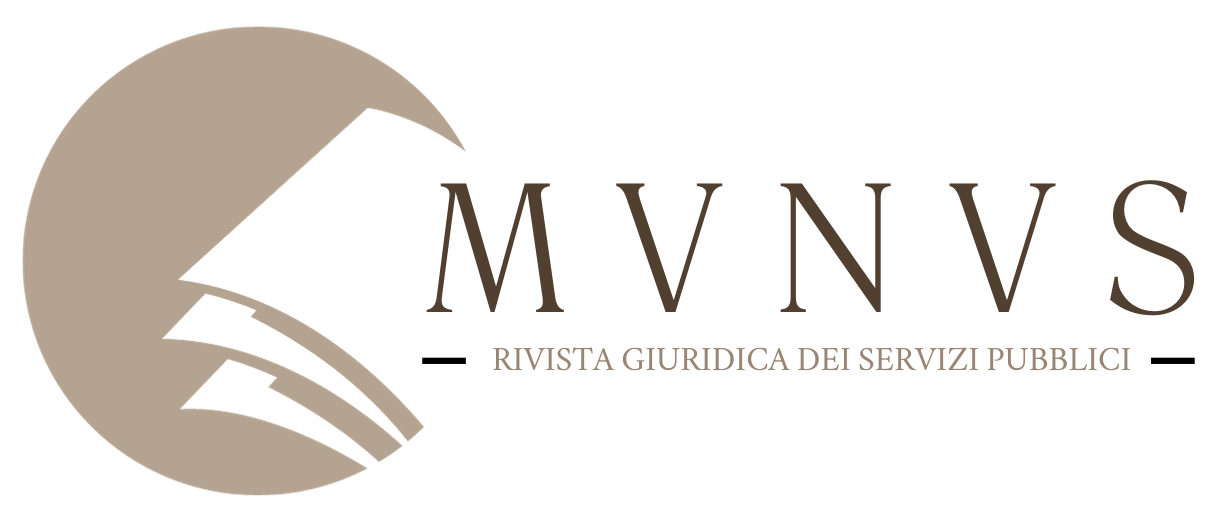SOMMARIO:
1. Il contesto costituzionale: la libertà della scienza, l’autonomia funzionale, la rappresentanza di interessi.
2. La parabola dell’autonomia universitaria e il maggior rilievo acquisito dalla rappresentanza degli interessi delle comunità scientifiche e delle università. Delimitazione dell’indagine.
3. La rappresentanza dei saperi e delle discipline in sede centrale: profili comparati.
4. L’evoluzione della disciplina normativa sul CUN.
5. L’attività svolta dal CUN: competenze e dati statistici.
6. L’inadeguatezza dell’attuale struttura del CUN.
7. L’indebolimento funzionale del CUN.
8. Considerazioni conclusive.
The Italian University system has been continuously in search of autonomy, and in need to find appropriate interest representation bodies.This article therefore has chosen to focus on the role of the Italian University Council “CUN”, as this is the main self-government body of the university system, having to act as “other center” to represent interests and individual needs of each universities, in parallel to the central government.
The continued weakening of the role of the CUN in the last few years may be ascribed to two factors. On the one hand, the inadequacy of the Council composition, more responsive to the corporate interests instead of the ever growing needs of the academic scientific community. On the other hand, to the obsolescence of its functions, debased, still, by uncertain regulations that have affected its optimal operation.
For this reason, a reform would be appropriate in order to reduce in a significant way the number of its members, balanced by the rise of the national representation of the academic scientific community, capable to direct the actual needs that would improve the progress of scientific and educational activities.
|
